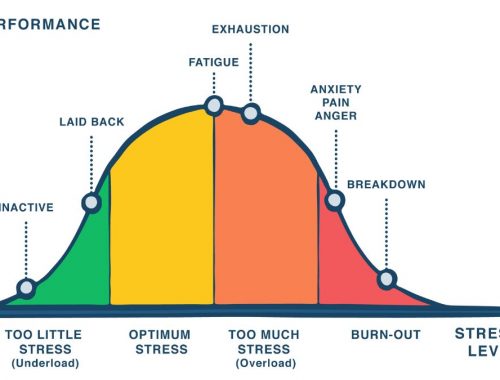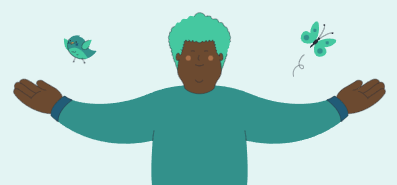
Feeling lonely? You’re not alone.
It’s Mental Health Week in the UK, and in this blog Thrive’s GRAHAM FAWCETT reflects on a topic he often encounters when counselling humanitarian and aid workers: loneliness.
A 60-year-old woman told me in a debriefing session about her distinguished and far-reaching career. She was now beginning to think about retirement. “I’m afraid to retire,” she told me. “What am I going to do? All my friends are colleagues. They are scattered all over the world.”
Another client told me that he was frustrated because his job often confined him to the compound. As a result, he is isolated from the locals for most of the day, which makes him feel like he has a bad understanding of “Ubuntu.”
Friendships are important. In fact, one of the key questions we ask people during psychosocial assessments at Thrive is, “Tell me about your friends?”
The ability to build long-term, reciprocal, ongoing, nurturing relationships is critical to our well-being. This is especially true in jobs that require frequent travel or work away from home. The lack of these relationships is a major cause of mortality in older adults and serious ill health in adulthood.
We don’t need a lot of friends. Four or five is enough. But we do need attention, “inside jokes” and shared memories. We don’t need transactional relationships or relationships that are a by-product of working in close proximity to others.
If your work takes up your energy, your sense of self and your time, then you usually need two sets of friends: professional colleagues who get to know you in your work environment; and people who get to know you outside of work.
At work, it’s important to be able to relax, unwind, and talk about the details of your work without having to struggle to explain yourself. We need to feel understood, listened to and appreciated. None of this works “at home”. At home, your loved ones may find it hard to imagine your life, to understand what it’s like to live in a compound or go through a checkpoint. They may find it hard to talk about their own lives, which may seem boring by comparison.
At home, we need someone different – someone who understands us and cares that we are fulfilled or happy. In all of our friendships, cultivating those who will stay with us after our final mission, deployment, and placement is key. Cultivating friendships that give us insight, rejuvenate us in our careers, and refresh us can be of great benefit.
This need for connection can get us into trouble. Many long-term humanitarian aid workers and missionaries have told me that they sometimes stop saying “hello” to those around them because “hello” is always followed by “goodbye”. For them, a new colleague is just another reminder of transition and sadness, rather than an opportunity for new professional or personal fulfilment.
Others realise at 30 or later that settling down in a permanent place with a partner and children is becoming statistically less likely, but that working harder on the next project is becoming less fulfilling. Then there are those who try to find fulfilment in sex, chemicals or working harder to try and stop themselves.
So what do you do if you feel lonely? If you can stand it, stop. Stop for a while. Reports, clinics and projects. They can call, etc. Who can you contact today? Who can you say hello to, learn about them? And enjoy their world?
Unhelpful answers include “No one”, “I’m too busy”, or “Next month”. Helpful responses included “I don’t care”, “It’s too painful” or “I’m really busy”.
If you can bear it, get in touch in some way today – voice, text or send a GIF to someone who cares about you, and who you care about too.They may be surprised, but they will also be pleased.
If you can’t bear to stop, be unreachable or uncontacted, then have a chat with one of our coaches or psychosocial practitioners, who know exactly what you’re experiencing and how to deal with it.

您可能也喜欢

Six things we’ve noticed recently about stress
05/14/2024
Things to consider when choosing a counsellor
05/16/2024

